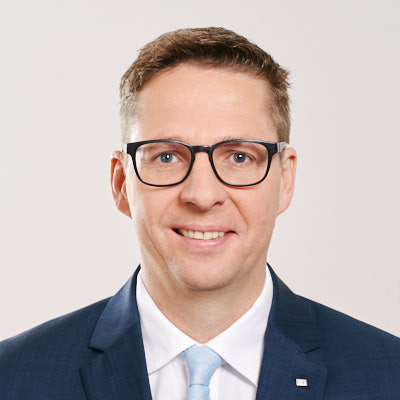1 Background
Spa towns have, to date, received generous treatment from the tax authorities. The collection of spa fees from tourists is considered to be an economic activity. Therefore, input VAT deduction has been granted comprehensively for all spa facilities (paths, squares, special buildings, buses, winter as well as summer facilities). The spa towns have been allowed to assign the entirety of their spa facilities to their economic activity and thus to claim full input VAT deduction. The (sovereign) use by the general public was corrected by taxing the provision of services carried out free of charge.
In 1990, however, the German Federal Fiscal Court (BFH) denied the input VAT deduction in a case in which the spa facility had been made accessible to the general public. In 2017, the BFH further restricted the input VAT deduction by only allowing a pro rata allocation to the economic activity. The BFH also stated that an input VAT deduction could only be claimed if a special use by the spa guest was possible, meaning that the use of the facility by the general public was ruled out.
The spa towns were relieved that the tax authorities did not declare the decision of the BFH applicable until 2021. Initially, the Federal Ministry of Finance (BMF) intended to apply the new principles (including sec. 15a of the German VAT Act) to all open cases. Thanks to the vehement demands of the Bavarian spa towns, the BMF showed some understanding in its letter of 25.05.2022: The new principles should only apply as of 01.01.2018.
2 New referral by the Federal Fiscal Court to the ECJ
The current case again involves a spa town. This time, the BFH has primarily dealt with the question of whether spa fees can be seen as remuneration for a supply and whether the town is indeed acting as a taxable person. Within the framework of a local statute (special regulation under public law), the town levied a so-called spa tax on all guests. The town used the spa tax to finance the construction, maintenance and renovation of spa facilities (e.g. spa park, spa house, paths). These facilities were open to everyone free of charge; no spa card was required for entry. The town regarded the spa tax as remuneration for its taxable activity (operation of spa facilities) and claimed full input VAT deduction for all supplies procured in connection to tourism. The tax authorities, however, largely denied the input VAT deduction.
The BFH subsequently took the opportunity to ask the ECJ whether the spa tax can be regarded as remuneration for a taxable supply. A taxable supply requires that the recipient derives a concrete benefit. Since, in the case in question, the spa facilities could also be used by persons not subject to the spa tax, the recipient might not be identifiable. However, the BFH was uncertain in this regard, as a supply for consideration could be assumed when considering the legal relationship between town and spa guest in isolation. The ECJ has previously taken a similar view in the Borsele decision, where only one third of the parents had paid for the transport of students.
The BFH’s second question for the ECJ was – in the event that a supply for consideration is confirmed – whether the town has acted as a taxable person despite the special regulations under public law. Since no private company was permitted to render such spa services in this municipal area, no distortion of competition might exist. However, the BFH is uncertain whether the analysis of the distortion of competition requires looking beyond the specific town and including neighbouring municipalities in which, for example, spa services are provided by private companies.
3 Consequences for the practice
The referral to the ECJ is highly interesting for three reasons. First, it concerns the "banal" question of whether there is a supply for consideration even if only a certain group of persons is obliged to pay for the services. This question may also be relevant for other scenarios, such as cases in which no admission fee is charged for children or spouses. We ourselves tend to assume a supply for consideration. We would rather address the concept of a taxable person and ask whether the town acts like an economically oriented market participant. The BFH addressed this only very briefly.
Furthermore, the ECJ's answer as to how broadly the concept of competition is to be viewed is likely to be of interest to corporations under public law: rather narrowly, focused on the individual town or much more broadly, including neighbouring municipalities, other federal states or even the whole federal territory in the assessment? The clarification of this question could have great significance beyond the individual case. According to the BMF’s letter of 16.12.2016 on sec. 2b of the German VAT Act, in certain cases, the local market alone is to be taken into account (para. 27 et seq.). A new ECJ ruling could, once again, change this situation.
Thirdly, the referral is interesting because it will give the BMF another opportunity to take a less restrictive view on the input VAT deduction on spa facilities. In the meantime, the BFH has also allowed the input VAT deduction from the construction of a suspension rope bridge, even though the bridge could be used by the general public, free of charge (see KMLZ VAT Newsletter 10│2022). In this case, the BFH saw the necessary connection for the input VAT deduction in the provision of paid parking spaces located near the bridge. The situation is similar for the construction and maintenance of spa facilities, regardless of whether they are open to the public or not: They are built primarily in order for the town to receive spa tax.


